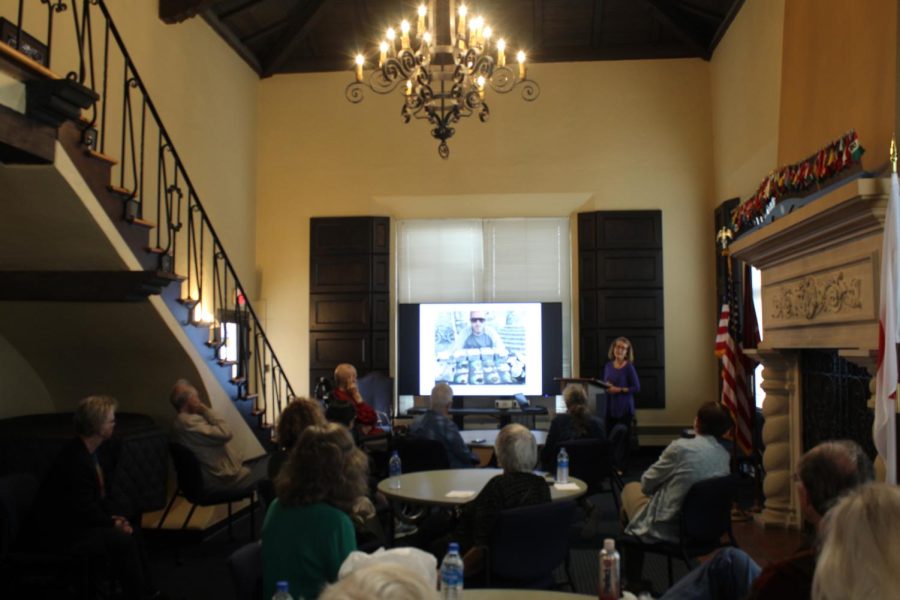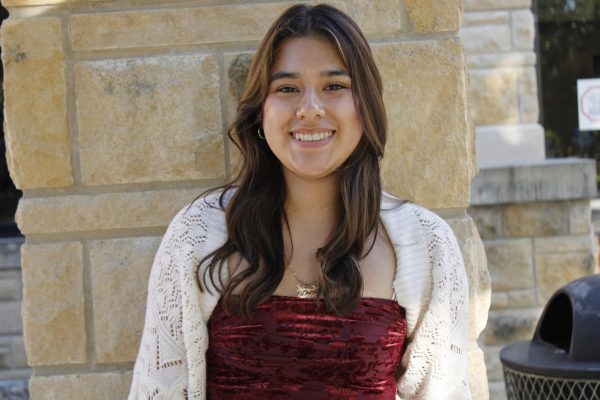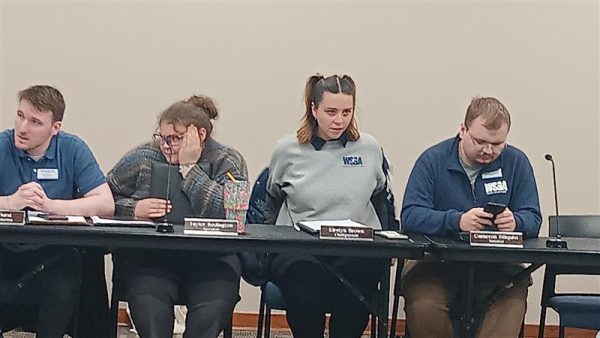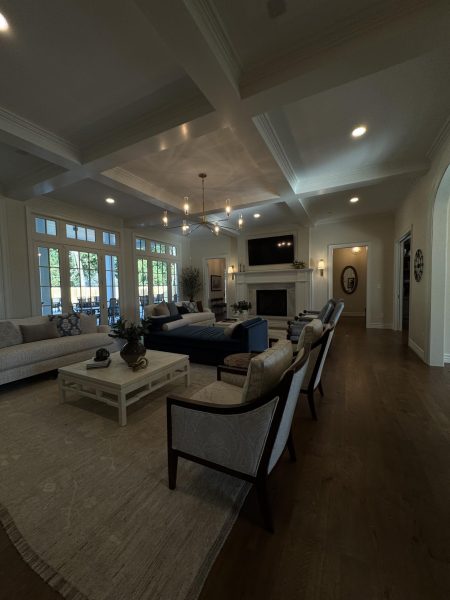International House hosts a session on communities in Denmark
Deborah Altus gives a presentation on her sabbatical trip to Denmark and expresses her thoughts on the housing styles. The event was held Nov.9 in the International House.
On Wednesday, Nov.9, the International House hosted a Brown Bag lecture session where Deborah Altus, chair and professor of family and human services, reported on her visit to the Danish intentional communities. The presentation was informative and insightful, with mention of the shared housing arrangements there which include communes, housing cooperatives, ecovillages and cohousing communities and the lifestyles of the residents.
Altus presented the report through PowerPoint with pictures and videos which helped the audience to visualize the communities she visited. She explained that the people’s living style focused on eco friendliness as well as intentional architectural aesthetics, which gave students further context about the origin of cohousing in Denmark.
“An ecovillage is an intentional community where the members work together to reduce their footprints through the eco-friendly design of the community. The members are united by a shared ecological and sometimes spiritual values,” Altus said.
The formation of intentional communities was inspired by the start of co-teaching from the folk high school movement in Denmark. That led to the communal sense among the working-class communities. It started when people felt the single families did not meet their needs. With the help of domestic work, labor needs and less wastefulness, shared housing became a growing method of living among the Danish.
Marianna Nothern, a former educator and an audit student at Washburn, also attended the event.
“This type of living helps prevent social isolation where an integrated group of people can live, work and play together. It makes me wish we had these options available in our area, here in Topeka,” Nothern said.
Altus concluding the presentation by expressing her fondness of the intentional communities and explained that they work so well because of the social safety the people have with changing jobs or adopting a different lifestyle.
“Denmark’s universal health care and other social systems allowed people to be more flexible in where they live and work,” said Karen Camarda, chair of physics and astronomy.
With information collected by experiencing the lifestyle and witnessing the environment, Altus gave an informational Brown Bag session.
Edited by Aja Carter and Rakesh Swarnakar
Your donation will support the student journalists of Washburn University. Your contribution will allow us to purchase equipment and cover our annual website hosting costs.








